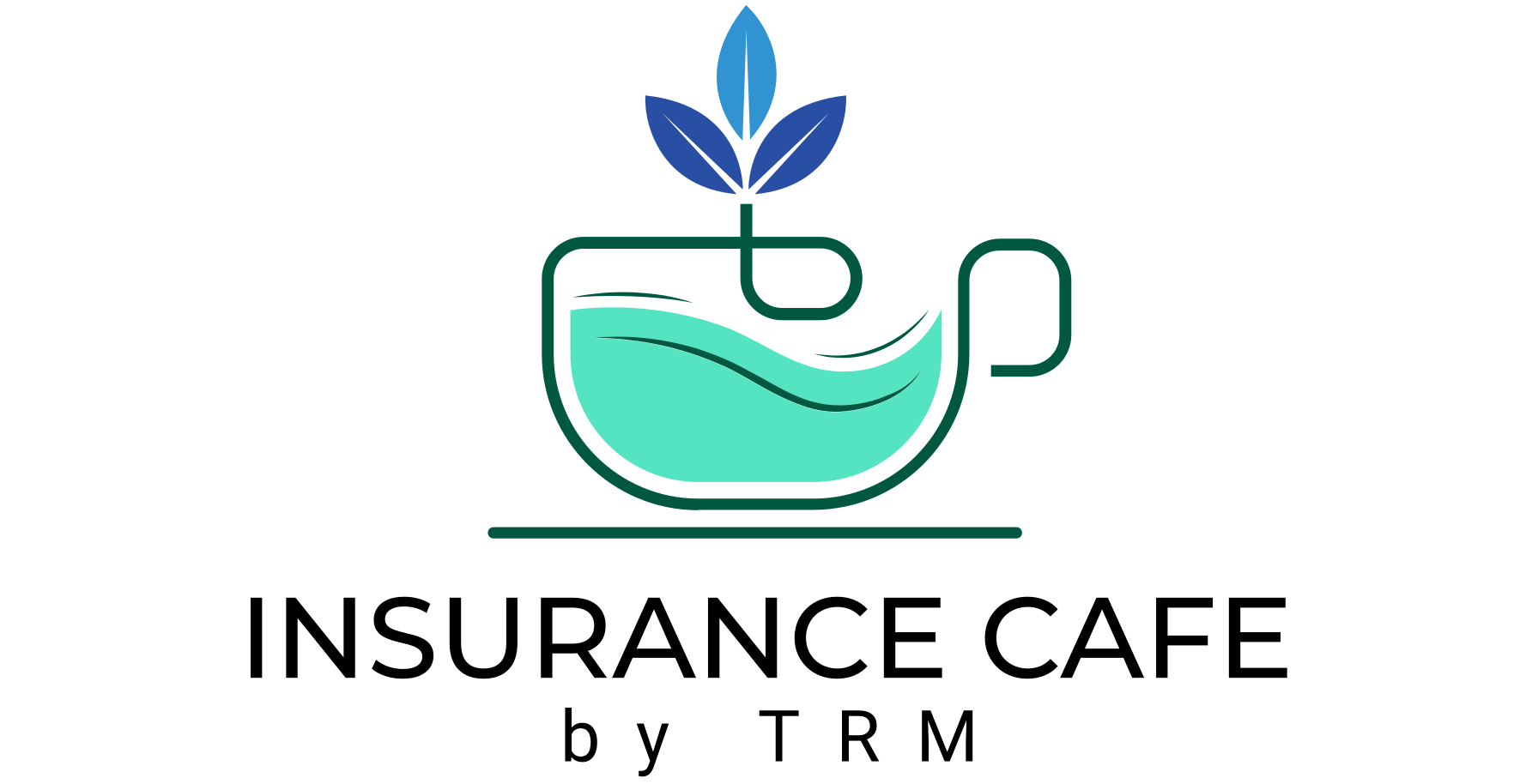
The Differences Between a 'Potential Claim' and a Formal Claim' in Professional Indemnity Insurance
When dealing with professional indemnity insurance, understanding the distinction between a 'Potential Claim' and a Formal Claim' is crucial for professionals and businesses alike. These terms represent different stages in the claims process and carry significant implications for how the insurer will respond.
What is a Potential Claim?
A potential claim refers to any circumstance or situation that could reasonably be expected to lead to a formal claim in the future. This is typically something that has not yet escalated into a formal demand for compensation but is perceived as a risk that might develop into one. Examples might include:
- Client Complaints: A client expresses dissatisfaction with your service or deliverables, suggesting that they may have suffered a loss due to your actions.
- Errors or Omissions: You realize you’ve made a mistake in your work that could potentially lead to financial loss for your client.
- Negative Feedback: A project didn’t go as planned, and the client is unhappy, even if they haven’t yet demanded compensation.
In the professional indemnity policy offered by Trafalgar Insurance Company Limited (TICL), you are required to notify both TICL and Trafalgar Risk Management (TRM - the broker) as soon as you become aware of a potential claim. This is known as the “notification” or “awareness” clause. Early notification can be crucial because:
- Coverage Continuity: By notifying your insurer of a potential claim, you ensure that it is covered under your current policy, even if it becomes a formal claim later.
- Risk Management: Early notification allows your insurer the opportunity to assist in managing the situation, potentially preventing the issue from escalating into a formal claim.
What is a Formal Claim?
A formal claim, on the other hand, is when a formal demand for compensation is made by a third party, typically a client. This is when the potential risk materializes into a tangible financial demand, which may include:
- Legal Action: The client files legal action against you alleging professional negligence or breach of contract.
- Demand Letters: The client sends a formal letter requesting compensation for a specific loss they claim to have suffered due to your professional services.
- Mediation or Arbitration: The client initiates a formal process to resolve the dispute and seeks compensation.
A formal claim triggers the insurer’s duty to defend and indemnify, depending on the terms of the policy. This is the stage where the insurer becomes actively involved, providing legal defence, covering legal costs, and potentially paying out any settlements or judgments.
Key Differences Between a Potential Claim and a Formal Claim
- Stage of the Process:
- A potential claim is at an early stage, where an issue or dissatisfaction is identified, but no formal demand has been made.
- A formal claim is when a formal demand for compensation is made, and legal action may be imminent or underway.
- Notification Requirements:
- Potential claims require early notification to the insurer under the terms of the policy.
- Formal claims require immediate notification, as they trigger the insurer's obligation to respond.
- Insurer’s Involvement:
- With potential claims, the insurer may simply make a note of the event on their system, and not need to become involved/provide guidance other than direct you to follow the claims clause in the Policy Wording, provided to you upon purchasing the policy. Alternatively, the insurer may offer to provide guidance or advice to prevent escalation. This is reviewed on a case-by-case basis.
- With formal claims, the insurer is actively involved in defending and settling the claim.
- Impact on Policy:
- Failure to report a potential claim can result in complications if it later becomes an formal claim, potentially leading to denial of coverage.
- Once a formal claim is made, it directly impacts your policy, potentially affecting premiums and coverage terms upon renewal.
Why the Distinction Matters
Understanding the distinction between a potential claim and a formal claim is essential for anyone holding professional indemnity insurance. Early recognition and reporting of potential claims can protect your coverage and reduce the risk of disputes with your insurer. It’s also a key aspect of managing your professional risk, ensuring that minor issues don’t snowball into major financial liabilities.
In summary, always be proactive in identifying and reporting potential claims to your insurer. By doing so, you not only safeguard your current coverage but also potentially mitigate the chances of a formal claim, saving time, money, and stress in the long run.
All details of how to log a claim notification (both potential and formal) are provided in the Policy Wording. All policy wordings can be found on our website, in the ‘Important Information’ page. Additionally, these wordings are saved in your My Trafalgar Portal, and emailed to you upon purchasing your policy.
If you have any queries, please contact Trafalgar Risk Management Ltd on 0333 8 000 000 or trmadmin@trafalgar.uk.com.







 Wordpress
Wordpress





141